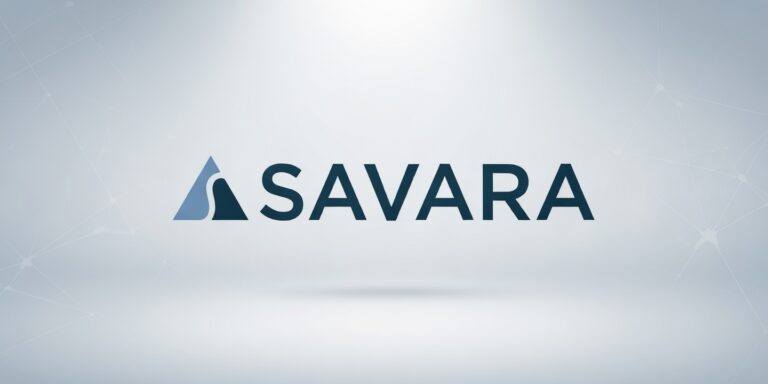
Astellas Pharma Inc. (TSE: 4503), led by President and CEO Naoki Okamura, has announced that the Center for Drug Evaluation (CDE) of China’s National Medical Products Administration (NMPA) has granted approval for PADCEV™ (enfortumab vedotin). This approval allows the use of PADCEV for the treatment of adult patients with locally advanced or metastatic urothelial cancer (la/mUC) who have previously undergone treatment with platinum-based chemotherapy and PD-1 or PD-L1 inhibitors.
Urothelial cancer, a challenging and often aggressive disease affecting both the lower and upper urinary tracts, had over 92,000 new bladder cancer cases in China in 2022, with approximately 41,000 deaths reported. Survival rates for la/mUC are notably low, highlighting the critical need for new, effective treatments.
Professor Guo Jun, Principal Investigator of the EV-203 trial and Director of the Department of Melanoma and Urological Oncology at Beijing Cancer Hospital, China, stated, “The NMPA’s approval of enfortumab vedotin on August 13, 2024, is a significant advancement. Based on global Phase 3 studies and a Chinese bridging study, this approval introduces a new antibody-drug conjugate (ADC) treatment for patients in China.”
Professor Dingwei Ye, Academic Leader of the Department of Urology and Principal Expert in Urological Oncology at Fudan University-Affiliated Cancer Hospital, commented, “Enfortumab vedotin provides a new treatment option for patients with la/mUC who have already received platinum-based chemotherapy and PD-1/PD-L1 inhibitors.”
Professor Zhisong He, Deputy Director of the Institute of Urology at Peking University First Hospital, added, “The approval of enfortumab vedotin, an ADC targeting Nectin-4, enhances the range of treatment options available to doctors.”
Ahsan Arozullah, M.D., M.P.H., Senior Vice President and Head of Oncology Development at Astellas, remarked, “We are dedicated to advancing cancer treatment globally. The CDE’s approval of enfortumab vedotin offers patients in China an additional option for managing locally advanced or metastatic urothelial cancer, potentially leading to improved outcomes.”
The approval is supported by data from the global EV-301 and China EV-203 trials. The EV-203 trial, a single-arm, open-label Phase 2 study, demonstrated that enfortumab vedotin achieved a statistically significant objective response rate (ORR) in Chinese patients who had previously received PD-1/PD-L1 inhibitors and platinum-based chemotherapy. The results were consistent with global findings, and most treatment-related adverse events were of grade 1–2.
Astellas has incorporated the impact of this approval into its financial forecast for the fiscal year ending March 31, 2025.





